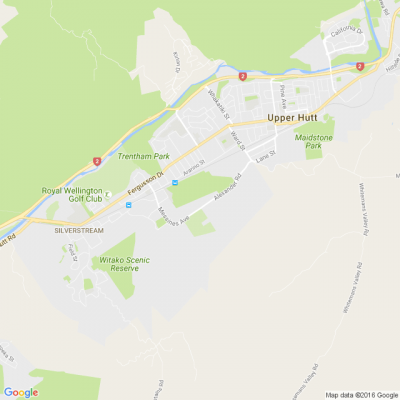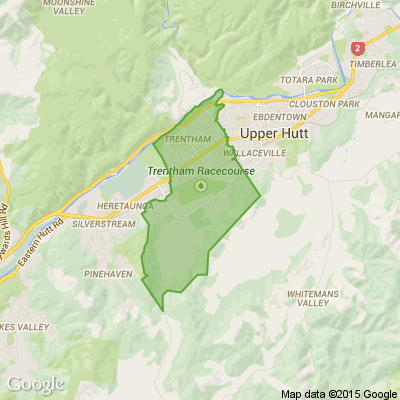BENEFITS OF A SUSTAINABLE HOME
A sustainable home has less impact on the environment, but not at a cost to the occupiers.
You can make your home sustainable and reduce its impact on the surrounding environment in many ways.
THE PROBLEM
Each year, homes account for almost 30% of New Zealand's electricity consumption and are major contributors to greenhouse gas emissions. Residential gardens are often a source of invasive non-native species that replace unique New Zealand fauna and flora.
HOW WILL YOU BENEFIT FROM A SUSTAINABLE HOME
COMFORT
A sustainable home is designed to fit the occupants’ needs and adapt to their changing requirements.
HEALTH
Asthma, headaches, eczema and sneezing fits are linked to moulds and other toxins found in most households.
Damp homes are a key factor in respiratory problems such as asthma, colds and flu, according to Otago University research.
While the Energy Efficiency and Conservation Authority (EECA) says about 45% of New Zealand homes are too damp, technology can help eliminate the toxins, particulates and excessive moisture that cause respiratory diseases.
WARMTH
The Building Research Association of New Zealand (BRANZ) found that about 30% of New Zealand homes are colder than World Health Organisation recommended minimum temperatures (16°C in bedrooms, 18°C in living areas).
Sustainable homes use the sun’s energy, capturing heat for healthy, comfortable inside temperatures. A fully insulated house uses 50% less energy for heating than an uninsulated house.
Otago University research showed that householders in insulated homes took fewer sick days and visited their doctor less often than those living in houses without insulation.
COST
Insulation, smart heating options, and energy- and water-efficient appliances can make homes cheaper to run. The payback period for investing in insulation may be as little as 1 year for a simple hot water cylinder wrap, or 3 years for ceiling insulation.
INVESTMENT
Green homes also appear to be a wise investment. A survey conducted by Realestate.co.nz suggests that one in 10 people are prepared to pay up to 25% more for a sustainable home. Banks are starting to offer ‘green mortgages’ providing customers with a package of discounts on eco-friendly home products because they predict that these homes will better retain value over time.

We're talking new year resolutions...
Tidying the house before going to bed each night, meditating upon waking or taking the stairs at work.
What’s something quick, or easy, that you started doing that made a major positive change in your life?

Riddles to Resolve Your Resolution!
I shave every day, but my beard stays the same.
What am I?
Do you think you know the answer to our daily riddle? Don't spoil it for your neighbours! Simply 'Like' this post and we'll post the answer in the comments below at 2pm.
Want to stop seeing riddles in your newsfeed?
Head here and hover on the Following button on the top right of the page (and it will show Unfollow) and then click it. If it is giving you the option to Follow, then you've successfully unfollowed the Riddles page.









 Loading…
Loading…